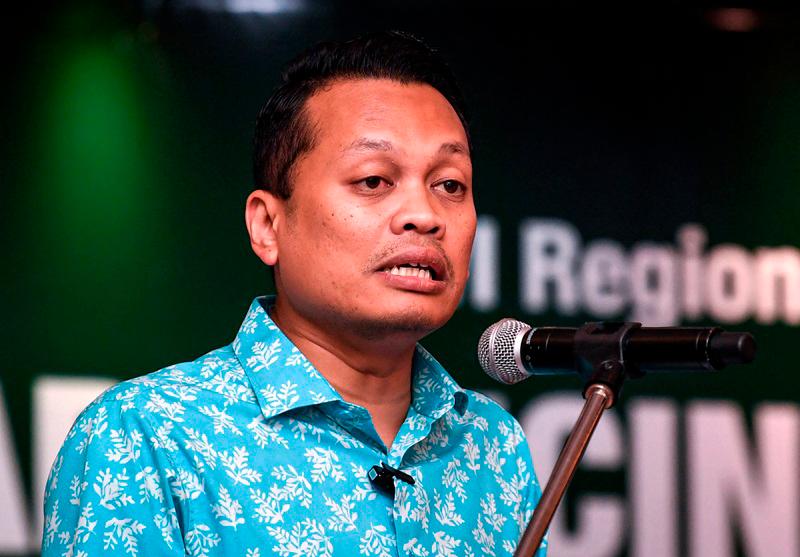PUTRAJAYA: The National Resources and Environmental Sustainability Ministry (NRES) today launched the National Climate Change Policy (NCCP) 2.0, an updated policy that introduces a new framework for Malaysia’s transition towards a low-carbon economy.
Minister Nik Nazmi Nik Ahmad said the policy reaffirms the country’s commitment to achieving its climate pledges, including reaching net-zero greenhouse gas (GHG) emissions by 2050.
He said NCCP 2.0 is an umbrella policy that ties together all climate initiatives, provides a clear pathway for governance, low carbon development, adaptation, climate financing, and partnerships, as well as serves as the backbone for the drafting of Malaysia’s very own Climate Change Act, which is expected to be completed early next year.
“As the frequency and intensity of climate impacts increase, we must adopt a comprehensive approach to build resilience and capacity at all levels, preparing for unforeseen challenges that may threaten our future development.
“Although our nation contributes only 0.8 per cent to global GHG emissions, we recognise that we are part of a global family and that all must contribute to its safety,“ he said in his speech at the Climate Change Forum 2024: Path to COP29 Baku and the launching of NCCP 2.0 here.
Meanwhile, Nik Nazmi said Malaysia would prioritise several key global climate initiatives that are crucial to its participation in the broader United Nations Framework Convention on Climate Change (UNFCCC) negotiation during the 29th Conference of Parties (COP29) in Baku, Azerbaijan from Nov 11 to 22.
He said these include the New Collective Quantified Goal (NCQG), implementation of Article 6 of the Paris Agreement on carbon market mechanism, the Global Goal on Adaptation and the operationalisation of the Loss and Damage Fund.
“We are, and we will, continue to advocate for a balanced approach to finance, adaptation, and loss and damage mechanisms, with regional cooperation through ASEAN being a key pillar.
“These are not inconsiderable targets and so it makes gatherings like this, where we can exchange views and strengthen our knowledge, especially important,“ he added.
Nik Nazmi also hinted that driving transboundary collaboration would be Malaysia’s priority as it assumes the chairmanship of ASEAN next year.
“This is something that is of great concern to all ASEAN countries and populations. A win for ASEAN will be a win for Malaysia and vice-versa,“ he said.









